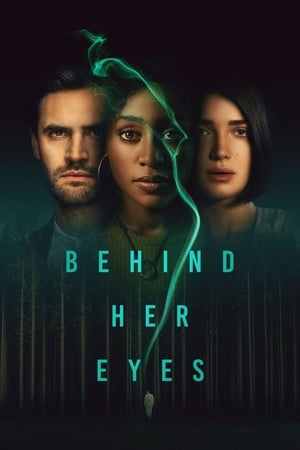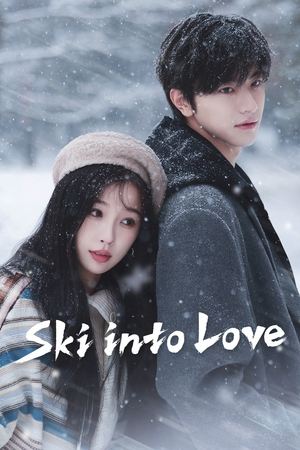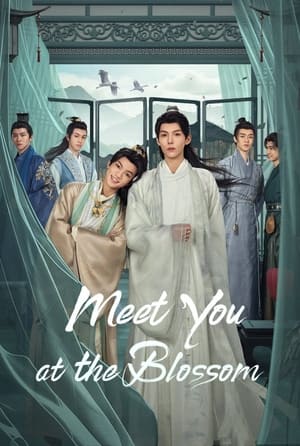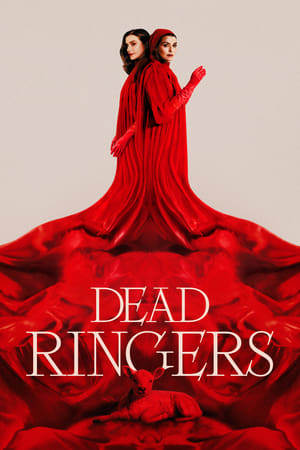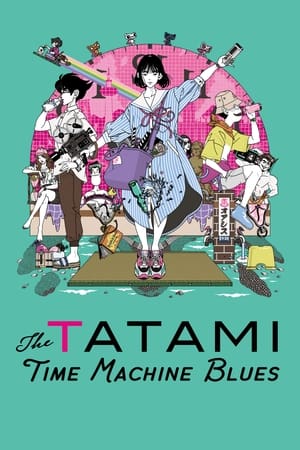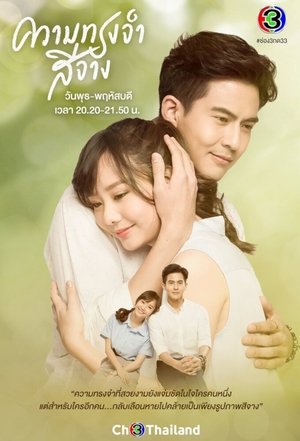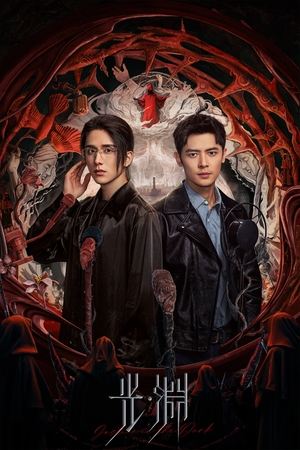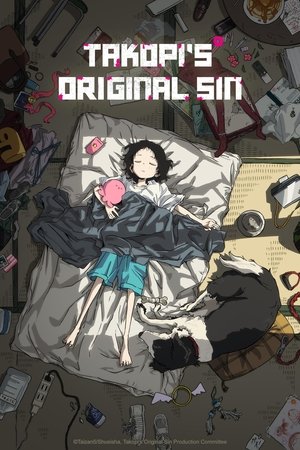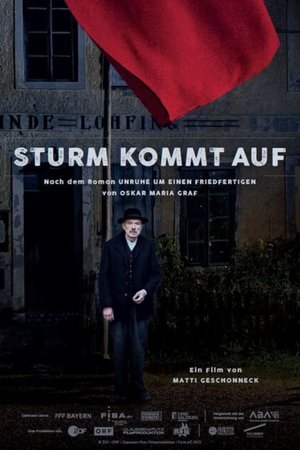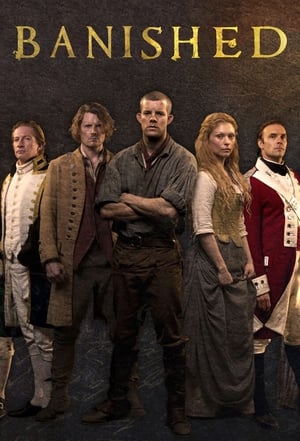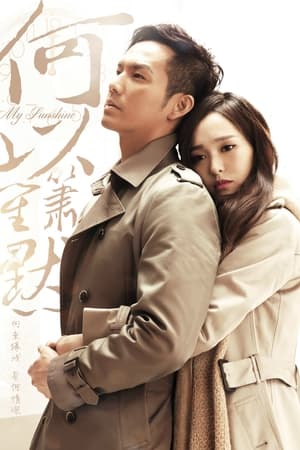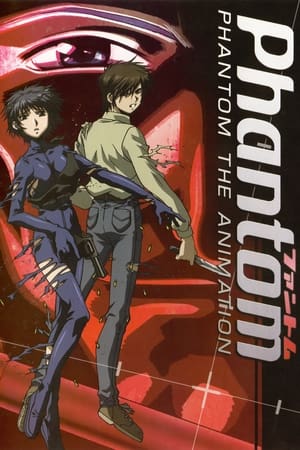Overview
In Japan in the year 1600, at the dawn of a century-defining civil war, Lord Yoshii Toranaga is fighting for his life as his enemies on the Council of Regents unite against him, when a mysterious European ship is found marooned in a nearby fishing village.
Reviews
The original Shogun, the series, from 1980 like the novel it was based upon,by James Clavell, was a masterpiece.
It worked because of tight coherent storytelling, compelling characterisations and intelligent narrative, that very wisely took its inspiration and direction, from the novel it was based upon.
Then along lumbers this latest effort. Its manages to partly shift its focus away from the relationship between the pilot John Blackthorne and Lord Toranaga. In so doing, diffusing a key focal point of the story. A story which is essentially about the collision of Western and Eastern societies and cultures, which resonates in this period of Japanese history and beyond.
The other key aspect of the original story that no longer works as well, was one of ultimately tragic love between Blackthorne and Lady Mariko. Mariko is a courtier who relies on her skill as a negotiator, to influence those around her. We see this clearly in the book and the original series.
Instead, we now get a shift towards female warriors, which might reflect modern expectations but not those of Japan in the 1600's. Yes, there were female warriors in this period but they were not courtiers, trained in the art of diplomacy. Their role was in defence of the home, when male Samurai were absent or had fallen in battle, guarding women at court and at times, they were found on the battlefield.
Suffice to say, the new revised Mariko is anything but diplomatic. She rebukes male Samurai in the opening episode in the way that is jarringly and unconvincingly, at odds, with the talents, that define this character who is able to delicately and intricately navigate the conspiracies and intrigue, of courtly life.
The result is a series that feels clumsy and monotonous but also rather ignorant. The narrative in many cases does not work well, because the new series has discarded many of the subtleties and intrigue inherent in this tale, that are as much a weapon of the Japanese nobles, as the spear, bow and sword.
Acting in this series is excellent, sets admittedly amazing and visuals often spectacular. Regrettably the degree of meddling in the underlying story, for this reviewer, ruins what could have been, a promising updated series.
In summary. Lavish sets, stunning visuals and quality acting can't overcome flawed, revisionist storytelling. The result feels awkward, unbalanced and lacking in coherence and direction. My advice, read the remarkable book and watch the wonderful series from 1980.
The level of historical accuracy in this show is astounding. Much attention to detail in the clothing, architecture, armaments, and cultural practices. It neither romanticizes nor condemns 16th century Japanese culture, it simply portrays it, good and bad, side by side.
All the actors are doing a fantastic job. I'm a little underwhelmed with Sanada Hiroyuki's character, i feel he has been underutilized. The actor's performance is great, but i think the Toranaga character is not particularly complex in his portrayal. Abe Shinnosuke, Satō Tadanobu, and Hoshi Moeka are stand outs, turning secondary roles into amazingly deep side-stories.
Shogun is the new benchmark for epic television.
In the realm of historical dramas, FX's "Shogun" stands tall as a monumental achievement in television. The series, an adaption of James Clavell's beloved novel, will no doubt be met with acclaim for it's riveting performances, exceptional writing, and meticulous attention to cultural (and historical) authenticity.
The 1980s adaptation of "Shogun" was a product of its time, focusing heavily on the character of Anjin, the English navigator. While it was a remarkable piece of television for its era, it deviated from the novel's core narrative by sidelining Yoshii Toranaga, the enigmatic power player in feudal Japan. The 2024 series corrects this course, placing Toranaga at the center of the narrative, and the series is all the better for that.
"Shogun" 2024 is a standout even in what many consider the golden age of television epics. It's been compared to HBO's "Game of Thrones," but "Shogun" carves out its own identity with a more focused narrative and a refined storytelling approach. The series does not shy away from depicting the era's inherent violence and sensuality, yet it does so with a sophistication that sets it apart, akin to the artful precision of sashimi versus the hearty mix of a stew.
The performances are nothing short of extraordinary, elevating "Shogun" to new heights. Hiroyuki Sanada, renowned for his role in "The Last Samurai," embodies the master strategist warlord Toranaga with an intensity that captivates the audience. Sanada's portrayal is nuanced, oscillating between menacing and endearing, showcasing a range that few actors achieve.
Cosmo Jarvis's portrayal of the English sailor Anjin is less compelling. His character's journey from a shipwrecked outsider to a pivotal chess piece in the political machinations of feudal Japan is portrayed with an raw energy. Of the main cast, he falls into the background to an extent but his scenes with brilliant Tadanobu Asano's Yabushige are great. Both characters are more antagonists than protagonists but I doubt they'll outlive their welcome to most viewers.
However, it is Anna Sawai who delivers the truly standout performance. Known for her roles in "Fast and the Furious" and Apple TV's "Pachinko," Sawai shines as both the translator for Anjin and the audience's guide through the intricate world of "Shogun." Her character is not merely a conduit for understanding; she is integral to the unfolding events, leaving an indelible mark on the series.
"Shogun" 2024 is a triumph of storytelling, a testament to the power of well-crafted historical drama. It is a series that not only respects its source material but also elevates it. This is a series that will be remembered and celebrated, a jewel in the crown of television's current golden age. We may not know it yet, but this series might well be it's peak.
[Note there is a companion podcast series, which much like the HBO series "Chernobyl", is very good. Highly recommend this too.]
I preferred the original but this was so so good.
Shogun is a miniseries produced by FX, based on the famous 1975 novel of the same name. With a first season of 10 episodes, I can only applaud and appreciate the privilege of witnessing such a well-made production, with a fascinating script and an impressive setting.
The series follows the adventure of John Blackthorne, an English pilot who shipwrecks with his crew in Japan in 1600. This story serves as a thread to immerse ourselves in a sea of intrigues, betrayals, and power struggles between the fiefs over the future of the nation.
The series carefully presents the cultural conflict faced by the Portuguese people in their mission of evangelization in Japan. In addition, it shows us the severity, the courage and a concept of honor that sometimes seemed uncomfortable and impressive to me. The respect for families, the honor of the legacy, and the excellent female roles in a raw and masculine world, sometimes provoke the desire to stand up and applaud.
Shogun has the level of production, the war intensity and a carefully developed script that resembles a great saga. In my opinion, it is one of the highest points of television in recent years, which is a great achievement in today's times.
**A true masterpiece**
After experiencing years of fatigue from Marvel & DC, along with pervasive Hollywood trends and tiresome moral lectures in entertainment, I have finally discovered something original, unapologetic, and genuinely captivating.
This series is a refreshing change, offering a tightly woven storyline, brilliant acting, meticulously chosen dialogues, stunning cinematography, excellent pacing, and masterful editing and direction. It exceeded all my expectations.
The female characters exemplify strength and bravery. Mariko Sama’s fight in episode 9 still gives me goosebumps—it's one of the most courageous scenes ever created. Fuji Sama’s emotional resilience is equally commendable, showcasing true perseverance. This is how strong and independent women should be portrayed.
Overall, this series is a true masterpiece, rekindling hope that creativity in entertainment is very much alive.

 English
English
 8.438
8.438
 2024
2024
 USA
USA
 MovieGuys wrote:
MovieGuys wrote:


